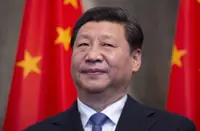INTERNATIONAL scientists are calling for a global paradigm change to mitigate the consequences of climate change and to adapt to inescapable climate change outcomes.
Strengthened cross-sectoral and international collaboration of biosciences and economic actors would be necessary, supported by all states worldwide.





